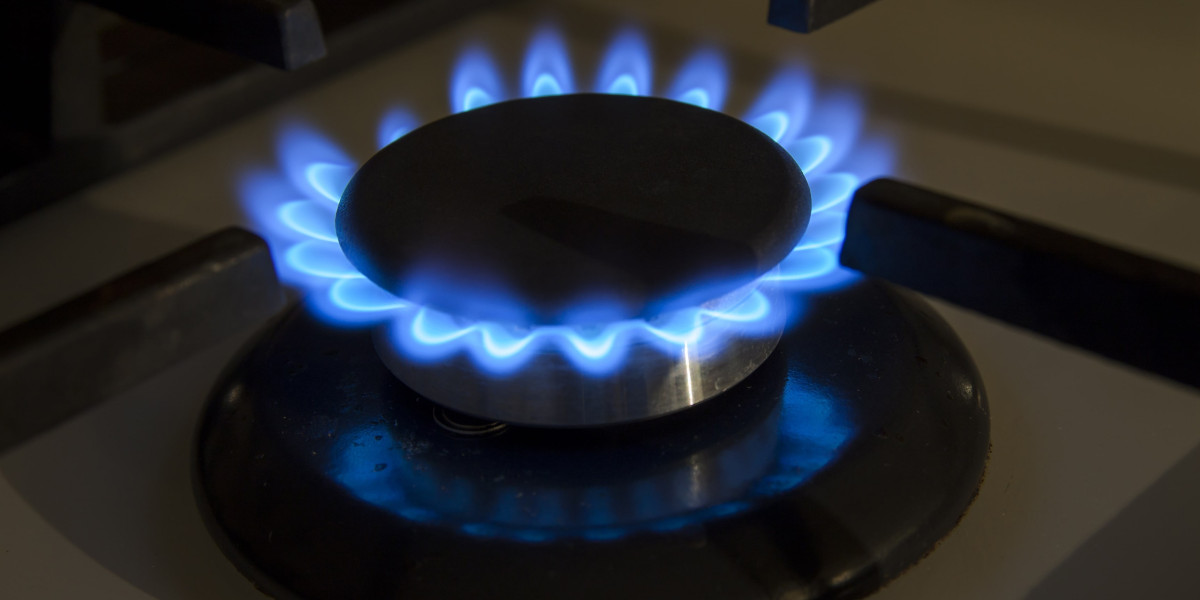Each landlord is legally required to conduct annual gas safety inspections and services on their rental properties. This helps to keep their tenants safe from faulty appliances that could create a fire risk or a carbon monoxide poisoning risk.
 Gas safety certificates are issued to landlords following an engineer has inspected both the installation and the appliances within the home. It usually includes:
Gas safety certificates are issued to landlords following an engineer has inspected both the installation and the appliances within the home. It usually includes:It's a legal document with significance
A gas safety certificate is an important document that shows that the gas appliances and installations have been examined and found to be safe. It is typically signed by the Gas Safe registered Engineer who conducted the inspection and includes details about the property and appliances as well as the results of the inspection.
Landlords need to get an official gas safety certificate and check every year to ensure their properties are safe. Gas Safety Regulations for Installation and Use (1998) outlines the requirements. This is to guard against carbon monoxide poisoning and other risks associated with gas.
The Gas Safety Record is a legal document that has to be issued to landlords by a Gas Safe registered engineer after each annual gas safety check. Landlords are required to keep copies of the records and provide a copy to their tenants at the beginning of every tenure. Inability to do this could lead to fines or even criminal charges in the event of a gas accident.
During a gas safety check An engineer will examine the combustion process for each gas appliance. This is to ensure it's functioning properly and to ensure there are no leaks. They will also make sure that the ventilation channels are free of obstructions and that harmful gases such as carbon monoxide are able to be released outside of the property without risking a hazardous build-up inside the house.
If any issues are discovered, the gas engineer will inform the landlord about these issues so that they can be addressed. If the issue isn't resolved quickly it could result in the ban of the appliance or even the entire gas system.
Landlords must also ensure that they have an appropriate gas safety certificate when they advertise their rental properties. This will allow them to attract tenants who prefer an environment that is safe and secure. It will also prevent any penalties or charges in the event that the certificate has expired. If you are a landlord it is recommended to schedule your annual gas checks ahead of time so that you can work with the same technician each year, and avoid scheduling conflicts.
It's an Official Record
A gas safety certificate is an official document that states that all the gas appliances and installations within your home are safe to use. It also shows that they have been regularly maintained. The document should include the name and the qualifications of the engineer who conducted the inspection. It should also mention the date and time of the inspection.
If an appliance is deemed unsafe, the engineer will mark it with one of the three codes on the Gas Safety Certificate. The codes are: Immediately dangerous (ID) which indicates that the appliance poses dangerous to the health of the people who use it, At risk (AR) which indicates that at the very least, one flaw could pose a threat to the health of individuals and not in compliance with current Standards(NCS) which indicates that the appliance does not meet the safety standards for minimum.
Landlords are legally obliged to get their properties checked for gas safety by a certified Gas Safe engineer. This is to ensure that the house is safe for tenants to live in and also to reduce the chance of fires and carbon monoxide poisoning due to defective appliances.
This legal requirement is referred to as the "gas regulations". It obliges landlords to organize for an annual gas inspection, and provide a copy of the Gas Safety Certificate to their tenants. This is a requirement of most tenancy agreements, and it is important that landlords follow this obligation.
If a landlord is not able to get their gas safety certificate and an accident occurs in the property, they will be held accountable for the incident and face massive fines, or even prison. This is why it is crucial that they renew their certificates prior to when they expire.
It is a good idea to take photographs of the gas appliances and installations at your property and to keep an inventory of the dates and times of inspections. This will help you keep track of when your gas safety certification expires, and also ensure that it is renewed in time. You can upload these documents to your Tradify account to allow your clients to quickly access them. This makes the process for organising an annual inspection of gas much easier and quicker.
It's a guide
A gas safety certificate is a formal document that a landlord receives after they have an engineer visit their property to check on the condition of gas appliances and installations. It's a legal requirement and failing to provide one could be a cause for hefty fines. It's also vital for health reasons, since the tests could reveal health problems that could put tenants at risk.
The document is an ordinary black and yellow piece of paper which will be completed by your engineer after they have completed the inspection. It will include the date of the inspection and the details of your engineer along with your address and an exhaustive list of the appliances and installations that were tested. It will also detail the results of each item and whether it passed or failed the tests.
If any issues are discovered, the engineer will describe them in the report and suggest the correct actions to take. This will help avoid any problems or accidents in the future. The report will also contain a record of the previous gas safety inspections carried by the property. It is essential to keep all reports and documents in a secure place because they could be required at any time.
Landlords must carry out annual gas safety checks on their properties and issue an authentic gas safety certificate to all tenants who reside there. These checks ensure that gas appliances and pipes are safe for use, and comply with safety regulations. Landlords must also renew their gas safety certificates prior to the expiration date.
There are two types of gas safety certificates for domestic and non-domestic. A domestic gas certificate is only applicable to homes like a flat, studio apartment, house or chalet. A non-domestic gas safety certification is required for commercial buildings, such as shops and restaurants.
The gas appliances of a tenant are not the responsibility of the landlord, and therefore they don't have to be included in the landlord's gas safety inspections. However the landlord is responsible for any gas installation pipework they own and provide to tenants, such as a chimney.
It's a good reminder
Gas Safety Certificates are legally required in the UK for landlords to ensure that their properties have been tested correctly and are safe for use by tenants. Landlords must have their properties tested by a professional every year and give tenants the certificate within 28 days. This will prevent toxic gases and fire destruction from entering the home.
Gas Safety Checks, CP12 or Gas Certificates are the names given to the annual inspections performed by an official Gas Engineer. It makes sure that all gas appliances and pipes are operating properly and in good condition. It also confirms that the landlord has installed carbon monoxide detectors where required and that the boiler is functioning effectively.
Landlords are required to renew their gas safety certificates before they expire. They risk a heavy penalty or even jail in the event that they fail to do so. It is a nightmare to witness their tenants hurt by faulty appliances. A Gas Safety Certificate is not to be confused with a boiler inspection, which is conducted more often and involves a thorough check of the appliance including burners, seals, and heat exchangers.
Even even if you're a non-landlord, it's worth getting your gas safety certificates renewed every year. These are useful to have as proof of your gas security and are useful in the event of selling a home or changing the ownership of the property. The certificate is available to prospective buyers before they make their purchase. This will accelerate the conveyancing process.
It is important to remember that landlords must conduct an annual gas safety test and receive an updated certificate for their property. You may discover that your insurance is invalidated if you don't.
Landlords are required to maintain their CP12 certificates current and easily accessible. Keep a note of the date your next gas test is scheduled to ensure you don't forget. You can book your annual gas test a month before the expiration of your current certificate. This will help avoid a shorter gas safety cycle and minimizes the possibility of over-compliance.



